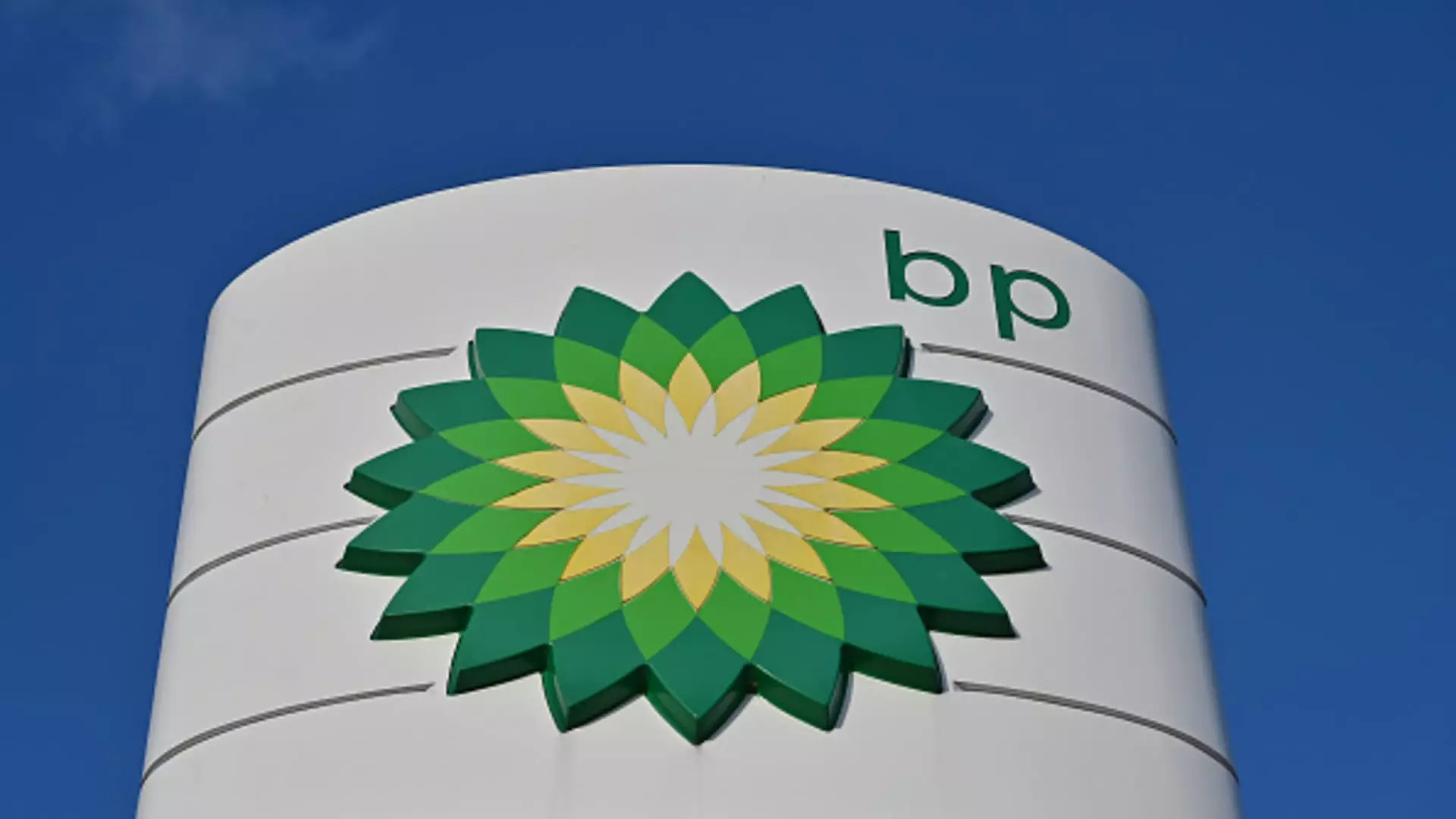British oil giant BP recently released its second-quarter earnings report, exceeding analyst expectations with a net profit of $2.8 billion. Despite warning of lower refining margins, the company decided to raise its dividend by 10% to 8 cents per share, showcasing confidence in its performance and outlook for cash generation.
Chief Financial Officer Kate Thomson emphasized BP’s commitment to increasing shareholder returns while driving focus and reducing costs across the business. The decision to boost dividends and maintain the share buyback program reflects the company’s dedication to delivering value to its investors.
BP confirmed a writedown of $1.5 billion, attributing it in part to scaling back refinery operations at its German plant. The company’s CEO, Murray Auchincloss, highlighted strategic moves such as the Kaskida development in the Gulf of Mexico and the acquisition of full ownership of bp Bunge Bioenergia. Despite challenges, BP’s net debt decreased to $22.6 billion by the end of the second quarter.
As BP aims to rebuild investor confidence in its strategy, analysts at RBC Capital Markets viewed the second-quarter earnings as resilient, with a positive outlook on the dividend increase and reduction in net debt. The company’s stock price rose 2% following the earnings report, despite a year-to-date decrease in share value.
Climate Plans and Cost-Cutting Measures
BP has faced pressure from activist investors to balance oil and gas investments with green pledges. Under previous leadership, the company committed to reducing emissions by 35% to 40% by the end of the decade, but has since revised its target to a 20% to 30% cut. Cost-cutting initiatives, including a hiring freeze and a pause on renewables projects, have been implemented to improve returns.
While BP’s stock performance has lagged behind that of its competitors, such as Shell and Exxon Mobil, the company’s focus on operational efficiency and financial stability presents a potential opportunity for growth. Equinor, a Norwegian oil and gas producer, also reported a drop in profits but outperformed analyst expectations in the second quarter.
BP’s second-quarter earnings report reflects a mixed performance, with stronger-than-expected profits balanced by challenges in refining margins and market value. The company’s strategic decisions, focus on cost reduction, and commitment to shareholder returns will play a crucial role in shaping its future performance and investor sentiment. As BP navigates evolving market dynamics and investor expectations, continued transparency and proactive communication will be essential in maintaining trust and credibility in the industry.

